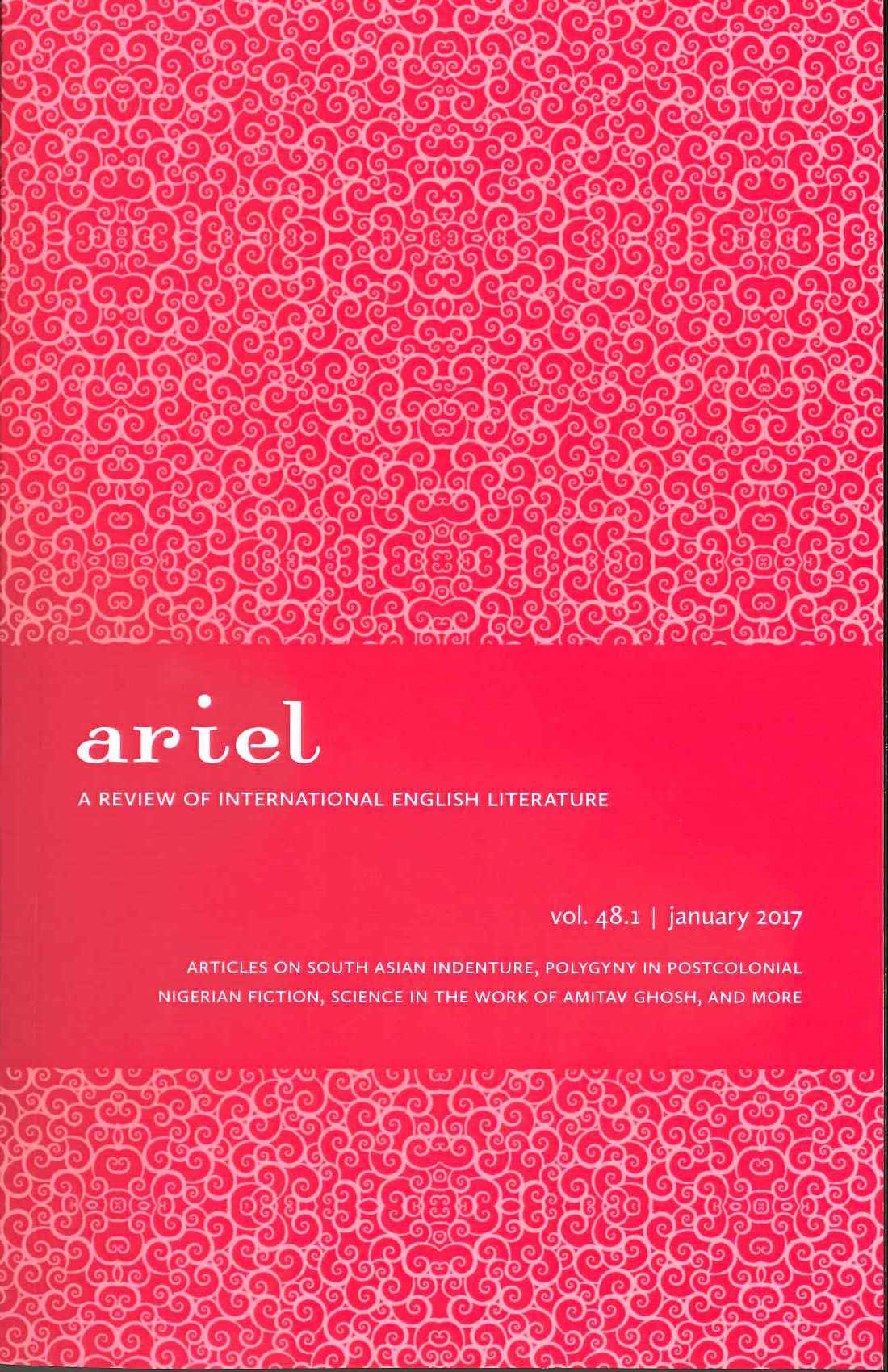Emplotting the Postcolonial: Epistemology and Narratology in Amitav Ghosh's The Calcutta Chromosome
Keywords:
The Calcutta Chromosome, Amitav Ghosh, narratology, epistemology, Indian literature in EnglishAbstract
The plot of Amitav Ghosh’s The Calcutta Chromosome is so complex that there is little consensus among the scholars on what actually happens in the novel. Following in the footsteps of Tagore, Satyajit Rai, Renu, and J.P.S. Uberoi, the novelist dramatizes the encounter between Western science, with its epistemology, and Indian tradition. Ghosh’s novel challenges the relentless West-driven search for knowledge, epitomized by the supercomputer named Ava. Only different epistemological premises, based on silence, can counteract Western rationalism. The literary technique mirrors this preoccupation in that it tells a story from two different viewpoints, one of them remaining silent throughout and emphasizing the agency of narrators. In order to do so, the author must write about something of which he remains ignorant. This paradoxical condition calls for a revision of the traditional writing chart, so that it is necessary to include the figure of the archiauthor behind the traditional implied author. This may explain a reticent narrative that heavily relies on the reader’s intelligence. Furthermore, my narratological reading highlights two themes formerly neglected by scholars, namely that subalterns’ cosmopolitism in the future is rooted in our colonial past and that the interpersonal transference envisaged by the novel merges different people in one body, thus challenging the Western obsession with individualism.


